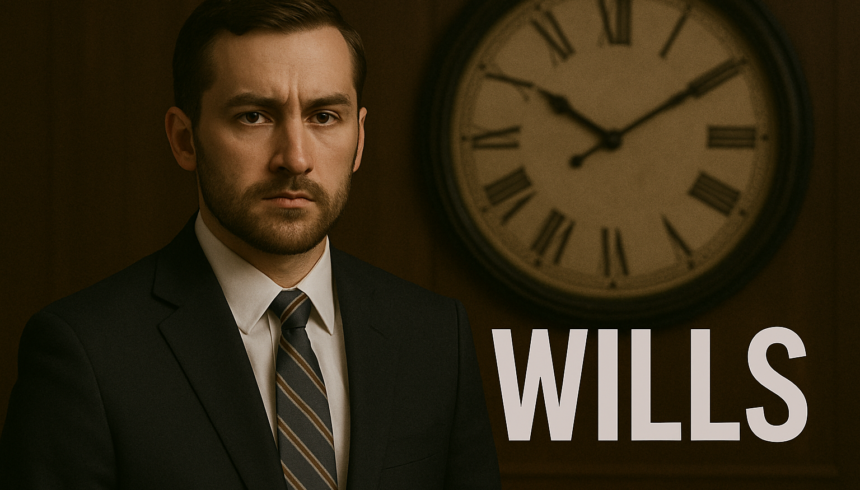
 By Evan Lange
By Evan Lange
Before proceeding, please review the legal disclaimer.
If you believe a loved one’s will was created under suspicious circumstances or doesn’t reflect their true intentions, you may be thinking about contesting the will. But time is of the essence—Texas law sets strict deadlines for when and how you can challenge a will in probate court.
So, how long do you have to contest a will in Texas? The answer depends on the specific circumstances—but in most cases, it’s within two years of the will being admitted to probate.
At The Lange Firm, we help beneficiaries, heirs, and family members understand their rights, assess whether they have a valid case, and file timely will contests when necessary. In this blog, we explain the deadlines, the legal grounds, and the steps involved in contesting a will in Texas.
Contesting a will means filing a legal challenge in probate court to:
If successful, the court may:
Under Texas Estates Code § 256.204, you generally have two years from the date the will is admitted to probate to file a contest.
This applies whether:
Note: The clock starts not when the person dies, but when the will is officially accepted by the probate court.
Yes, there are a few key exceptions where the deadline may be extended:
If the will was forged or fraudulently submitted, the two-year limit starts when the fraud is discovered—not when the will was probated.
If you were under 18 or mentally incapacitated when the will was probated, you may have two years from the date you gain capacity.
If you were an interested party and never received legal notice of the probate proceeding, you may be able to contest after the two-year window by challenging the probate’s validity.
📞 The Lange Firm can review your situation to determine whether any of these exceptions apply.
You can’t contest a will just because you’re unhappy with the outcome. The court requires specific legal grounds, such as:
The person creating the will (the testator) didn’t understand:
Someone pressured or manipulated the testator into changing their will for that person’s benefit.
The will was signed under false pretenses or was physically forged.
The will didn’t meet Texas legal requirements:
A newer will or codicil exists that supersedes the version currently in probate.
You must have legal standing to contest a will. This typically includes:
If you are not directly affected by the outcome of the will, the court will likely deny your contest.
Here’s a simplified overview of the steps:
Timing and strategy are critical. An experienced attorney—like those at The Lange Firm—can help assess your case and gather evidence.
This legal filing must be submitted before the deadline.
Both sides gather and exchange evidence, such as:
The judge will decide based on the evidence whether to uphold or invalidate the will.
✅ At The Lange Firm, we help you weigh these risks before moving forward.
We represent both heirs seeking to contest a will and executors defending a valid will. Our services include:
Whether you need to challenge a will or protect your inheritance, we’ll walk you through the process with clarity and compassion.
📞 Contact The Lange Firm today for a consultation before the clock runs out.
So, how long do you have to contest a will in Texas?
✅ Generally two years from the date it’s admitted to probate, though some exceptions apply.
If you believe a will is invalid, don’t wait. Delay could mean losing your right forever.
With experienced legal support from The Lange Firm, you can protect your loved one’s legacy—and your rightful place in it.
Follow our newsletter to stay updated.

2025- The Lange Firm all rights reserved.

Mr. Evan B. Lange is the attorney responsible for this website. | All meetings are by appointment only. | Principal place of business: Sugar Land, Texas.
The information you obtain at this site is not, nor is it intended to be, legal advice. You should consult an attorney for advice regarding your individual situation. We invite you to contact us and welcome you to submit your claim for review. Contacting us does not create an attorney-client relationship. Please do not send any confidential information to us until such time as an attorney-client relationship has been established.